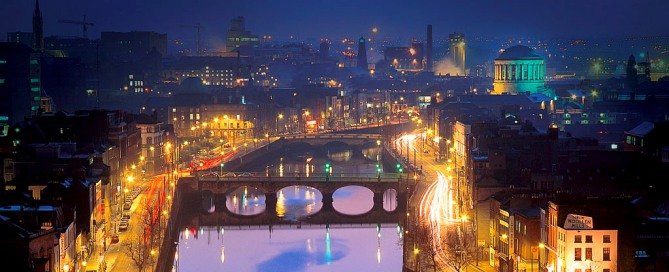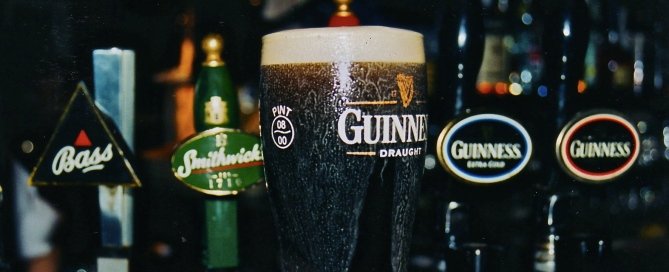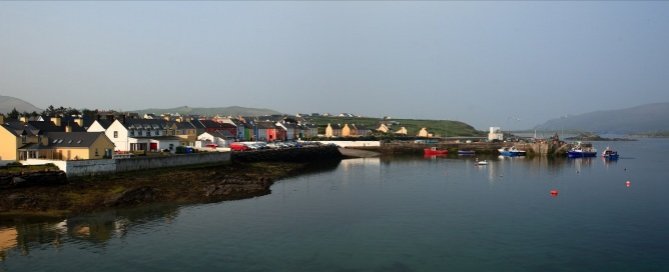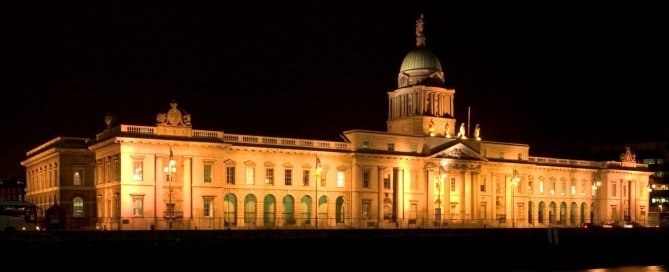Guide to Ireland
Quick Facts
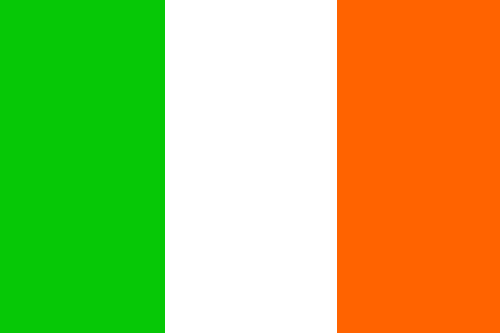
Population: 4 million
Major Language: English
Currency: Euro
Calling Code: +353
Conquest, faith and loss mark the pages of Ireland's history. This island of the Celtic and Irish seas was born out of Celtic warrior tribes and red-haired, freckled Vikings who settled and ruled over the land until 1169, when the English and Normans launched a period of foreign invasion that would spam over 800 years. The Anglo-Normans gradually assimilated into Irish society, and it wasn't until centuries later that British forces once again invaded, this time sent by Henry VIII in order to eliminate the power of the Irish Church and declare himself King of Ireland. In response, the Irish fought a War of Independence that would last until 1921. On that year, the signing of the Anglo-Irish Treaty marked the birth of an Irish Free State. The Republic of Ireland, however, did not officially emerge until 1948.
In the last half-century, Ireland has embraced its new nation status and begun to recover from the grave socioeconomic effects of the Great Famine, as repeated failures of potato harvests in mid 19th century came to be known. Ireland's admission into the European Community, as well as the rapid economic growth and dramatic shift in migration of the 1990s, confirms the island's evolution into a developed, multicultural and independent society.
Capital City: Aside from a rich literary heritage featuring Joyce, Shaw and Yeats, Dublin is best known for its legendary pubs and party scene. However, the unprecedented wave of economic growth of the last decade has contributed much more than nightlife distractions to the Irish capital. Indeed, Ireland's new economic vigour has pulled immigrants from all over the world, creating a young and cosmopolitan society. Fantastic museums and beautiful parks make for the city's friendly character, which owes first and foremost to Dubliners' unmatched hospitality and kindness.
Government: Ireland is a constitutional republic with a parliamentary system of governance. The Irish executive branch consists of a cabinet appointed by the president, who is elected by popular vote for a seven-year term. The Oireachtas, a bicameral parliament, is composed of the President, Seanad Eireann, as the upper house. The current Irish president is Mary McAleese.
Culture: Irish culture seems to be plagued with cliches. Images of Leprechauns, St. Patrick, and shamrocks are so engrained in people's imagination that foreigners usually fail to grasp the richness of authentic Irish customs. The island's culture originates from the traditional rural life in Norman villages, which explains the sustained importance of the parish and the village even in modern times. Catholicism, a passion for sports (especially Gaellic football), a social structure dominated by the family, and a taste for wit and humour are other quintessentially Irish traits.
Irish Media
 |
|
Study in Ireland
 |
Coming Soon |


